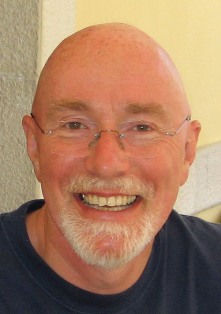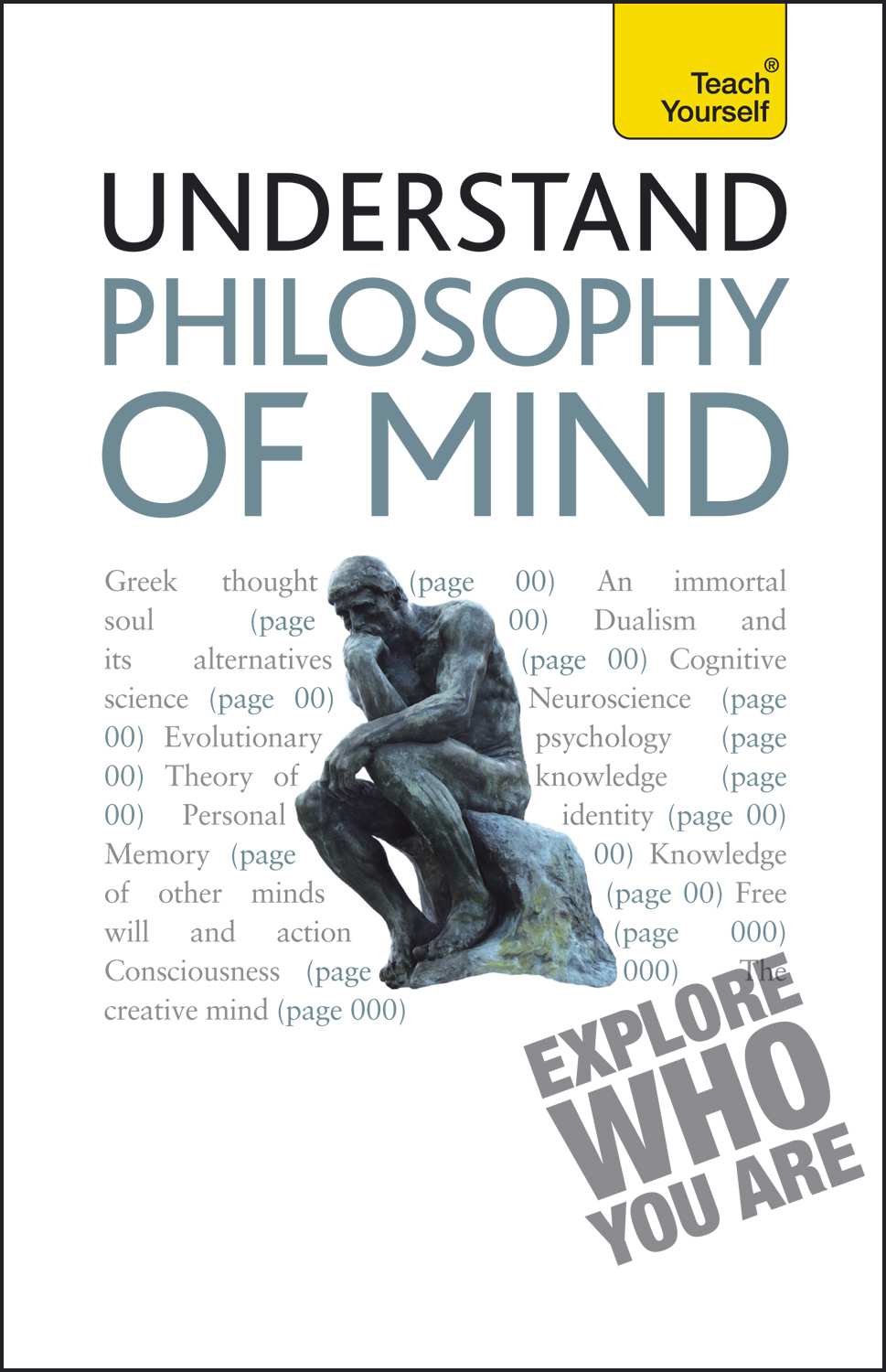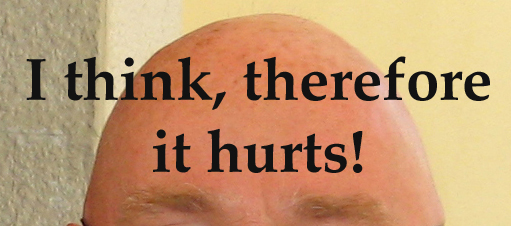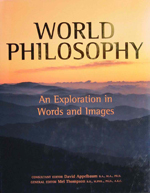 The Philosophy of Mind is a fascinating area of study, dealing with fundamental questions about the nature of the self, issues of how our minds and our bodies interact, and the broader questions about the nature of consciousness.
The Philosophy of Mind is a fascinating area of study, dealing with fundamental questions about the nature of the self, issues of how our minds and our bodies interact, and the broader questions about the nature of consciousness.
It links to science, in that we experience ourselves as free and outside the series of physical causes that might suggest that everything is completely determined on the physical level. It links also with religion, in that many religious people believe in some form of life after death or reincarnation. Does that make any sense? Is disembodied life possible? How does it relate to our idea of what it is to be a person?
 Natural selection and a mistaken view of neuroscience - a frustrated rant!
Natural selection and a mistaken view of neuroscience - a frustrated rant!
I am tired of hearing that the mind is simply a product of chemical and electrical activity in the brain. Have those who take this mistaken view of neuroscience never heard of Darwin?
The 'Hard Problem' of consciousness...
For the last 20 years, David Chalmers' 'Hard Problem' has been central to the Philosophy of Mind. How exactly does neural activity in the brain relate to out actual experience of being conscious? Click here for some of my thoughts on this and some other resources...
A very clear and helpful article outlining the 'Hard Problem' of consciousness has just been published on Substack. Take a look at: https://prudencelouise.substack.com/p/the-hard-problem-isnt-a-neuroscience (January 30th, 2026)
AI and the Infinite Background Problem
(This is an extract from Understand the Philosophy of Mind, looking at the difficulty of explaining mental operations in simple functionalist terms of inputs and outputs, with the brain acting as a computer.)
An additional problem... is raised by a philosopher who has nothing whatever to do with artificial intelligence - Martin Heidegger (1889-1976). He was an existentialist philosopher, concerned with the way in which people choose what to do, understand themselves, and live in an authentic way. One feature of his thinking about this is that we are 'thrown' into life at a particular time and place and that most of the circumstances we have to deal with are already given and not of our own choosing. In order to understand any choice, therefore, one needs to know something of the circumstances in which it is being made. But those circumstances are determined by yet other factors, and those by others still. Equally, the way we respond to situations is influenced by our own personal history, since memory plays a vital role in choosing how we are to act.
So there is a theoretically infinite background of facts that would need to be taken into account in order to fully understand even the most straightforward of choices. But, more than that, we do not just observe a world, we are engaged with it. Everything we do relates to our personal history and the society within which we live, everything is loaded with value and meaning for us. It therefore becomes nonsense to assume that you can isolate some particular bit of experience, programme it into a computer and expect a response that would mirror what a real, engaged human being would do.
This tends to complicate the functionalist argument - since it is not simply a matter of processing a particular input data and coming up with a response. The mind takes into each decision its own history, and where it is responding to language, we need also to be aware that the person speaking or writing also has his or her own infinite background, and so on.
Thus the image of the mind as a basic machine within information being fed into it in a linear way, and a succession of outputs at the other, is very limited. In reality there is a complex network of meanings, values and significances - a network that stretches out in all directions beyond even those things of which we are directly aware.
Am I extracting urine, or is there a serious point to this?
Click the image to find out.
Freedom, determinism and moral responsibility...
Some problems defy any easy solution. If mental events are identified with brain activity, then they are causally determined and our freedom is an illusion. But we experience freedom, and assume it whenever we think about moral responsibility or when we think about what we would like to do.
So how does that make sense? Does neuroscience threaten our experience of responsibility and freedom? Can we just blame our brains for what we do?
Just some of the many, fascinating questions raised in the Philosophy of Mind. You might like to start by considering my 'frustrated rant' about neuroscience, in the right-hand column.
Emotions and the Philosophy of Mind
I was prompted to think again about the place of the emotions in our mental life by a reader who complained that there was nothing about them in Understand Philosophy of Mind, and who referred to Emotional Intelligence by Daniel Goleman, who spoke of us having two minds – one that thinks and one that feels. Read more...
The Ego Trick by Julian Baggini!
I have enjoyed reading The Ego Trick by Julian Baggini, and can highly recommend it. It tackles the old question of how we can remain the same person through all the changes we undergo in life. What is it that makes us who we are?
Written in a clear and direct way, it includes comments from a whole range of thinkers - not just professional philosophers - to which the author adds his personal evaluations and comments. His quest to understand personal identity takes in people as diverse as theologian Richard Swinburne, neuroscientist Susan Greenfield, a Tibetan lama and the most articulate of western Buddhists, Stephen Batchelor, along with many others who recount their experience of the sense of self through changes that may seem to threaten identity, including having a sex change. Although an easy read, there is serious substance here, based on Baggini's Ph.D. research.
The book explores the old question of what it means to be a you, an individual human being. Baggini reviews and examines both the 'pearl' approach to the self (there is a special, unique 'me' inside here somewhere) and the 'bundle' view (that we are a bundle of mental events, made possible by the brain, which come together to make us who we are - an idea that goes back to early Buddhism), which he favours. The 'ego trick' of the title is the way in which the various parts of this animated, thinking, feeling body, give the sense of being a unique self. He also explores the related issues of life after death and the future of the self.
I've not expressed any of that well, nor done justice to his arguments... Julian does it all far better, and you need to read the book to appreciate the depth that lies beneath his easy style.
'The mind is not a vessel to be filled, but a fire to be kindled.' Plutarch
Now there's a good starting point for education, as well as a study of the Philosophy of Mind!





